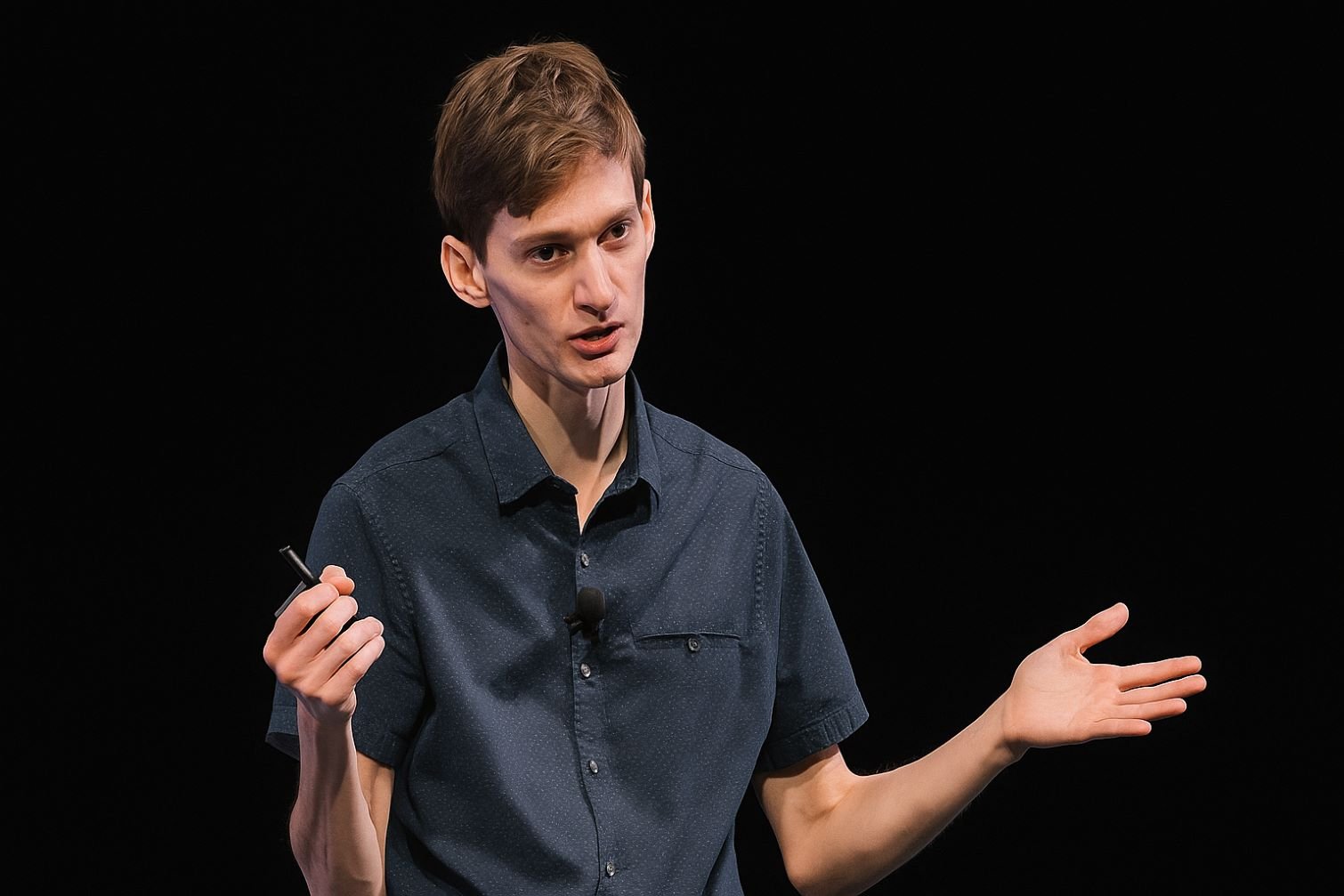ARTICLE AD BOX

- Phil Daian co-authored Flash Boys 2.0, exposing how transaction order manipulation impacts fairness in blockchain systems.
- Despite his influence, Phil avoids the spotlight and continues to promote transparency and decentralization in Ethereum.
Many people fall in love with technology while in college. Phil Daian, however, is a different story. He has been writing game code since he was in elementary school. At that time, it was not because of his ambition to become a crypto genius or a startup founder, but because he liked to make things work according to his instructions.
At a young age, when his friends were busy playing football or learning to draw, Phil was busy exploring hacking forums and online cryptography communities. One of his favorite places at that time was HackThisSite, where young people learned to outsmart the system—literally.
Growing up in Queens and Long Island, this son of Romanian immigrants never saw technology as a “job of the future.” For him, technology was part of everyday life. Even as a teenager, he found a security hole on Silk Road—a dark platform for illegal buying and selling. But he chose not to chase the big money from that world. He rejected an offer of a salary of $400,000 per year as a security expert outright.
The Ethereum Journey That Redefined Phil Daian’s Purpose
Phil studied at the University of Illinois, then considered pursuing a PhD. But life led him to Ethereum. While many were still groping for crypto, he was already busy mapping out the hidden risks in blockchain mechanisms. One topic that came up: the order of transactions in blocks. Yes, it seems trivial. But that’s where he discovered a potential problem that would eventually be called MEV (Maximal Extractable Value).
In 2019, Phil and his colleagues wrote Flash Boys 2.0. This wasn’t just any research—it was a paper that exposed how validators could reorder transactions for personal gain. Imagine standing in line to buy concert tickets, then suddenly the doorman rearranges the line so that his friends go first. Something like that.
Not just stopping at theory, Phil co-founded Flashbots, a platform that is now a pillar of Ethereum’s infrastructure. Through tools like MEV-Geth and MEV-Boost, he helped create a transparent system that minimizes exploitation.
On the other hand, he also actively pushed for the separation between builders and proposers in the block mechanism, in order to prevent the centralization of power in the crypto ecosystem.
However, Phil’s focus is not just on technical tools. He also cares about ethics and the long-term direction. Through the SUAVE project, for example, he tried to create a transaction auction system that maintains privacy and does not damage the principle of decentralization. For him, Ethereum is not just a platform. It is a social experimentation field whose freedom must be maintained.
Furthermore, he also does not hesitate to criticize crypto projects that pursue user convenience too much while sacrificing basic principles. In several conferences, he called this “UX fentanyl”—aka instant convenience that is addictive but dangerous.
Not Chasing Fame, Just Fixing What’s Broken
Interestingly, amid his reputation as a serious technologist, Phil still shows his human side. On his social media profiles, he calls himself a “failed philosopher” and “linux militia member.” A bit absurd, but honest. He is also not the type to seek the spotlight. Even when his name began to be mentioned a lot in the media, he preferred to write or speak in technical rooms rather than appear on big talk shows.
Despite his many achievements, Phil Daian does not stop. He is still actively writing, researching, and pushing for transparency in the blockchain world. Not for popularity, but because according to him, if there are gaps in the system—especially a system that is mutually agreed upon—it must be fixed. Otherwise, everyone will just be fighting over the queue and no one will trust anyone in front of them.
.png)
 4 months ago
6
4 months ago
6








 English (US)
English (US)